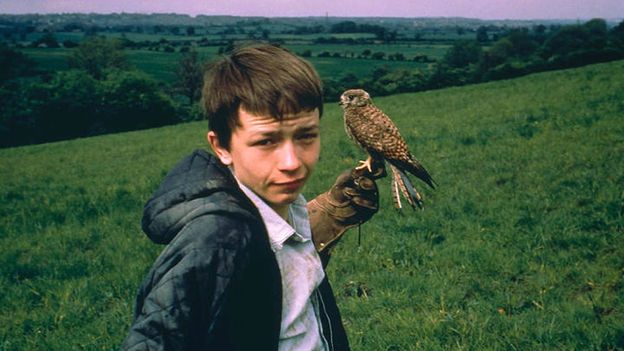First released in November 1969, Ken Loach's social-realist tale of a boy who adopts a kestrel still resonates and has become a timeless classic of British cinema. When director Ken Loach and producer Tony Garnett first screened Kes for British film executives in the autumn of 1969, they were confident that they'd created something authentic and important. Based on Barry Hines's 1968 novel A Kestrel For a Knave, and written by Loach, Hines and Garnett, Kes tells the story of Billy Casper (Dai Bradley), a South Yorkshire teenager from a dysfunctional family who struggles at school.
He finds a new lease of life when he adopts and trains a recently hatched kestrel he names Kes. But Loach and Garnett's excitement over the film was short-lived. When the screening finished, the executives told them that the accents were so heavy and Kes was such a regional story that it would premiere in the Yorkshire city of Doncaster and have only a limited run in UK cinemas.
"There was this idea that it was a local film for local people," explains Prof David Forrest, who teaches Film and Television Studies at the University of Sheffield and recently wrote a BFI Film Classics book on Kes . Loach and Garnett were adamant that the executives were wrong. They insisted that Kes was a film for everybody and that the "central image of Billy and the bird was poetic and had a universal relevance and appeal", Forrest tells the BBC.
In order to make sure that the drama was given the release it deserved, Ga.


















